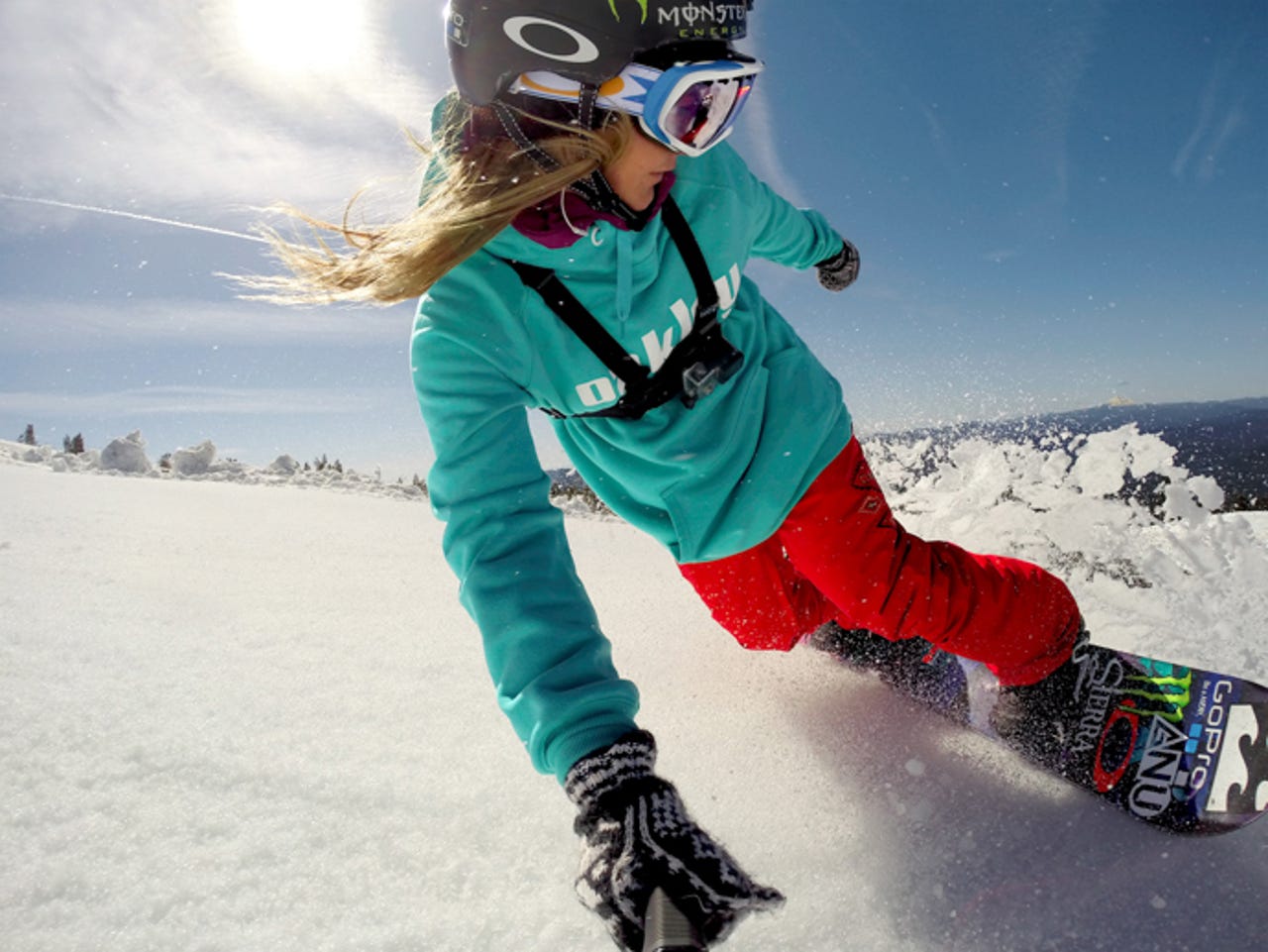GoPro flies towards consumer drone market


GoPro is taking the leap from wearable video cameras to gadgets that take to the skies.
The company, well-known for an extensive range of wearable video cameras, is making an understandable step towards the realm of drone development. According to sources of the Wall Street Journal, the San Mateo, California-based firm will start selling multi-rotor helicopters equipped with high-definition cameras late next year.
The anticipated price-tag of these consumer unmanned aerial vehicles (UAVs) will be between $500 and $1,000. This will place GoPro's creations in direct competition with other products such as SZ DJI Technology's Phantom and 3D Robotics's Iris+ personal drone.
GoPro devices are popular with sports enthusiasts and travelers, and by tapping into the consumer drone market, the company will be able to further milk the industry beyond simply supplying UAV manufacturers with camera technology. At the moment, GoPro provides a number of lightweight cameras to drone developers, but some companies have begun to produce their own in-house cameras — such as SZ DJI — and so GoPro may be seeking other ways to maintain revenue streams.
While consumer UAVs are typically light, small helicopters that can be controlled through a mobile device app, businesses have also developed drones ranging from Boeing's research-based ScanEagle and Amazon's PrimeAir delivery drones, which are currently being refined beyond prototype stages. In addition, Google's Project Wing is also exploring the possibilities of using UAVs for item delivery through the tech giant's Shopping Express service.
Technological advances have made UAVs cheaper to produce and easier to fly, and while interested consumers are flocking to buy them, this has left regulators scrambling for a way to control the rapidly-growing industry.
In the United States, the Federal Aviation Administration (FAA) is expected to require drone operators in the future to hold licences and agree to flight limitation laws. Among proposed rules is the requirement for commercial operators to clock a certain amount of safe drone air time, and the stipulation that drones must keep to daytime hours and not go above 400 feet in flight.
The FAA's proposals are expected to go public by the end of the year.
Read on: In the world of innovation